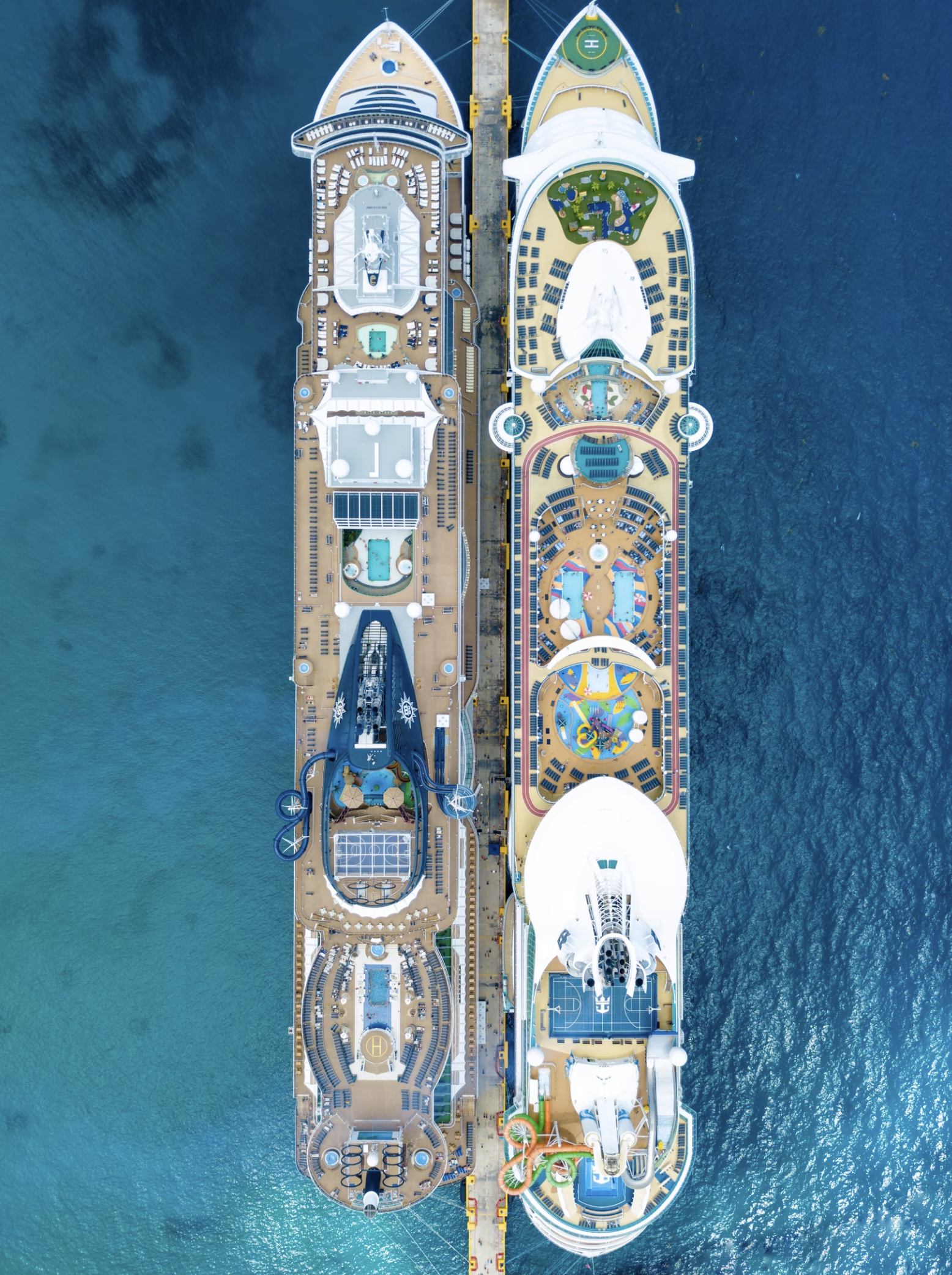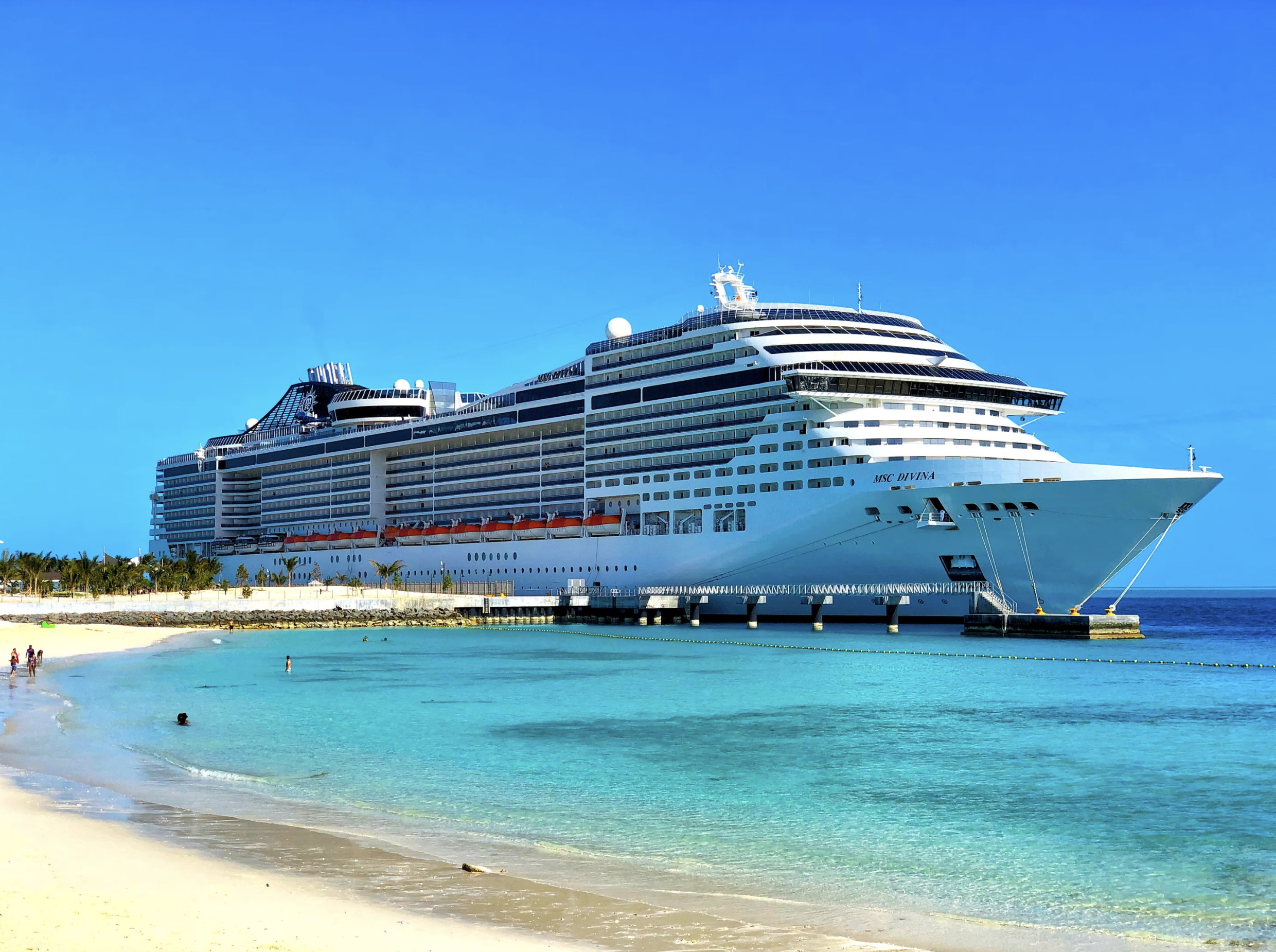Millions of tourists and vacationers embrace cruising across the Caribbean to explore new destinations and the islands. The Caribbean is indeed a true cruising paradise as there are no two islands that are truly alike, and it is hard to resist those white sand beaches with crystal clear waters. Cruising to the Galapagos is an adventure that is most popular with the vacationers.
As Caribbean cruising becomes more affordable and adventurous, one finds more and more people booking for the cruises. At the same time, there is a risk of high quantity of waste produced and lack of quantity of waste due to the growing tourism industry. What is much needed here is a waste management system across Caribbean States to control and get rid of polluting and hazardous substances.
Responsible and aware crises across the Caribbean are aware of the issue as tones of solid waste and debris gets generated by the cruise ships. If the hazardous waste is not disposed of properly, there is a risk of the marine litter getting discarded in marine and coastal environments. Passengers, too, are showing more concern about the impact of cruising on the marine environment and prefer to cruise only on those cruise ships that are taking sustainability initiatives and offer a more environmentally aware travel.

Given below are some initiatives taken by the on-board cruise ships across the Caribbean shores:
- Eco-friendly initiatives such as using re-useable bottles aim at reducing plastic water bottle waste and eliminating millions of plastic water bottles that are used on-board every year.
- Many cruise operators plan to install exhaust cleaning systems that make use of seawater to ‘wash’ dirty fuel before sending the wash water back into the ocean. Other ships are opting for more expensive low-sulphur alternatives instead of heavy sulphur fuel to reduce pollution.
- Cruise lines across the Caribbean have implemented certain on-board policies to create more awareness regarding marine pollution and encourage passengers to be more sustainable in their behaviours.
- Daily energy consumption is significantly reduced with the installation of LED lighting on the ships as fluorescent lighting is energy-saving, Card-activated cabin lighting and air-conditioning means that minimum energy is used by the guests.
- Water reduction technology has been installed on many of those cruise ships in kitchens, laundry rooms and bathrooms. The objective is to minimise wastage of precious water resources by the ship and its crew and passengers.
- Destination waste management companies are being consulted and hired by the cruise operators for waste minimization and reduce emissions from operations. Responsible waste management and resource recovery by cruise ships require a proper waste infrastructure for adequate handling of the waste.
- Caribbean cruise operators are showing greater commitment to operate sustainably and adopt responsible options through GSTC-Accredited Certification Bodies. Collaborative processes along with motivated operators and dedicated team are a key part of the sustainable operations.
- Caribbean destinations are crafting innovative cultural tours for the Generation Z travellers and millennials in search of sustainable experiences. It gives them a chance to explore ecotourism which they have been ignoring for years.
New technologies and Stricter regulations
The subject of sustainability on cruise ships is still new and evolving, and all those efforts are likely to produce tangible results. Stricter cruise regulations can promise a greater impact and lower the waste production. New breakthroughs and technological advancements can further promote and support those efforts and sustainability by cruise ships. The tour operators company must realise the importance of certification and sustainable operations for maximizing social and economic benefits for the local environment and community.
As cruise ships have a lifespan of about thirty to forty years, the vessels built decades ago will not be able to meet the environmental goals of the future. Along with new technology and policies, it is essential to develop the necessary infrastructure to meet the current and future goals for sustainable cruising. The scale and scope of Caribbean Cruises’ commitment and initiatives are sure to elevate the sustainability bar for the entire travel and tourism industry
Caribbean islands and cruising is all set to back post-Covid as the tourism leaders are now well-positioned to target higher-value tourism and create authentic cultural experiences. What we are likely to see is a much more sustainable Caribbean tourism industry which is resilient and cares about the environment.




